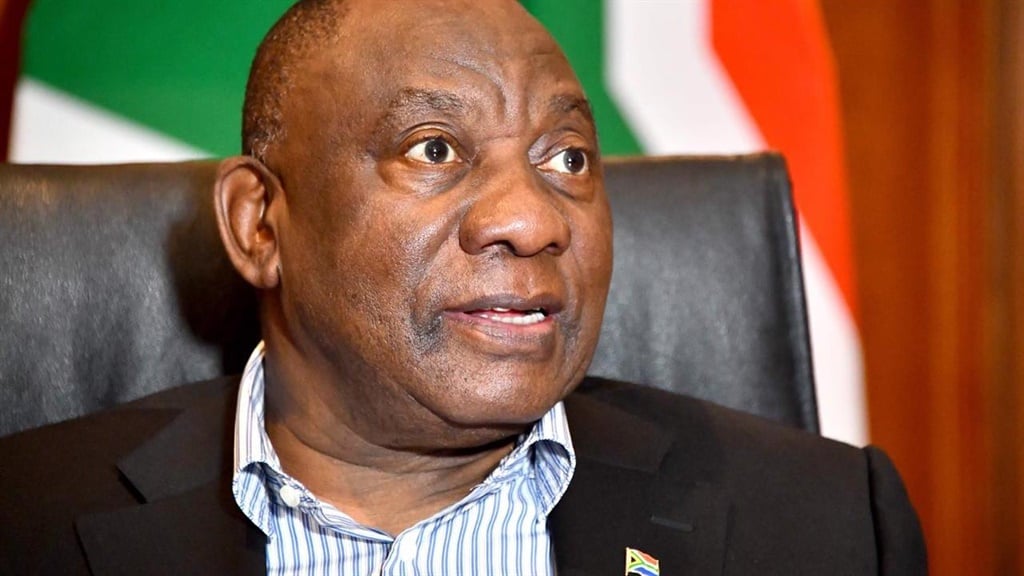


President Cyril Ramaphosa.
- Presidency director-general Cassius Lubisi says permitting all activities that arguably affect or gives full effect to various rights in the Bill of Rights would collapse the national lockdown.
- Lubisi has defended government’s decision to prohibit the re-opening of gyms and other fitness facilities under Level 3 lockdown.
- United Gym and Fitness Facilities has taken government to court to challenge the decision.
Permitting all activities that arguably affect or give full effect to various rights in the Bill of Rights would collapse the national lockdown.
That’s according to the Presidency’s director-general Cassius Lubisi, who defended government’s decision to prohibit the re-opening of gyms and other fitness facilities under Level 3 lockdown after the United Gym and Fitness Facilities took government to court challenge the decision.
In his answering affidavit, Lubisi argued: “Regrettably, it is impossible to craft regulations that reduce the risk of transmission at any given point in time to acceptable levels without permitting some public activities and refusing other activities that may appear similarly important. As such, lines that may appear arbitrary between one activity and another activity must be drawn to achieve an acceptably low level of transmission.”
READ | All private preschools may reopen immediately, court rules
Rudolph van der Westhuizen, chairperson of United Gyms, filed an urgent interim court application in the Western Cape High Court seeking an order to temporarily include gyms (health and fitness clubs) in the amended regulations under levels 3, 2 and 1 of the national lockdown, as well as to reopen the facilities under strict health protocols.
Argument
Part of United Gyms’ argument was that no law, including the Disaster Management Act, may limit any right entrenched in the Bill of Rights.
But Lubisi said decisions must be made as to which public activities should be permitted and who should be permitted to enter public spaces, and when.
“There is an indeterminately large list of activities which allows individuals to exercise their Constitutional rights, and a similarly indeterminate number of economic activities that are necessary for the economy to continue functioning so that it can provide essential goods and services.
“Choices unfortunately, have to be made between, for instance allowing people to attend funerals as opposed to moving between provinces to visit sick relatives. These are both important activities, and both give effect to the right to dignity. Regrettably, both increase the risk of the virus being transmitted,” he said.
READ | SIU investigating several Covid-19 relief fund allegations
Lubisi also said activities in which potentially large groups of people are permitted to converge in confined spaces and exercise such as fitness centres and gyms, increases the risk of transmission of Covid-19.
Scientific information
He said according to scientific information at government’s disposal, based on research conducted in South Korea soon after its own outbreak, the moist warm air in gyms combined with turbulent airflow from exercising “may create an environment in which droplets can spread easily”.
“People breathe harder when they are exercising, which is the prime way the virus spreads from person to person. This is because when people breathe more rapidly and more deeply, they expel greater numbers of droplets,” he said.
Lubisi said in government’s view, gyms and fitness centres present a greater risk of transmission than other economic and social activities.
He also said in countries like the UK, gyms have been the last economic activity to re-open when daily rates of infection (in those countries) dropped significantly.
“Therefore, the more frequently people go into public, the longer that they remain in public engaging in various activities including exercising in fitness centres, and the more people there are in those spaces, the greater the rate of transmission either directly between people or on surfaces,” he said.

